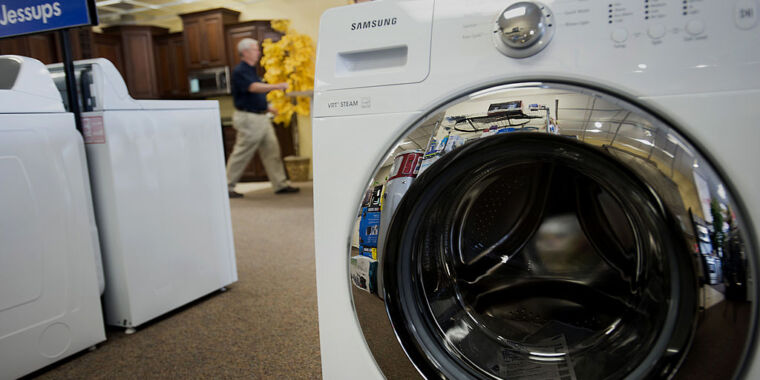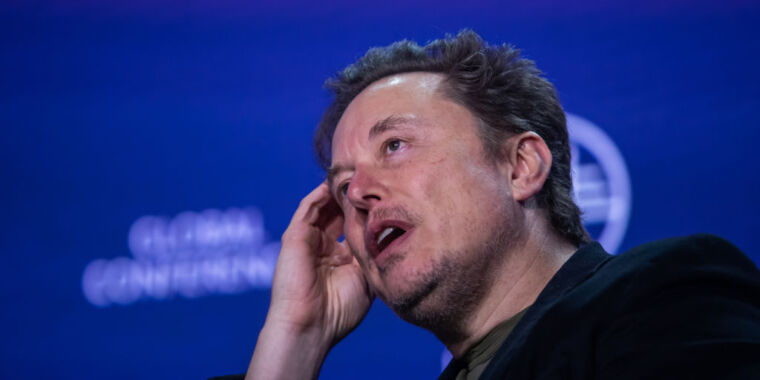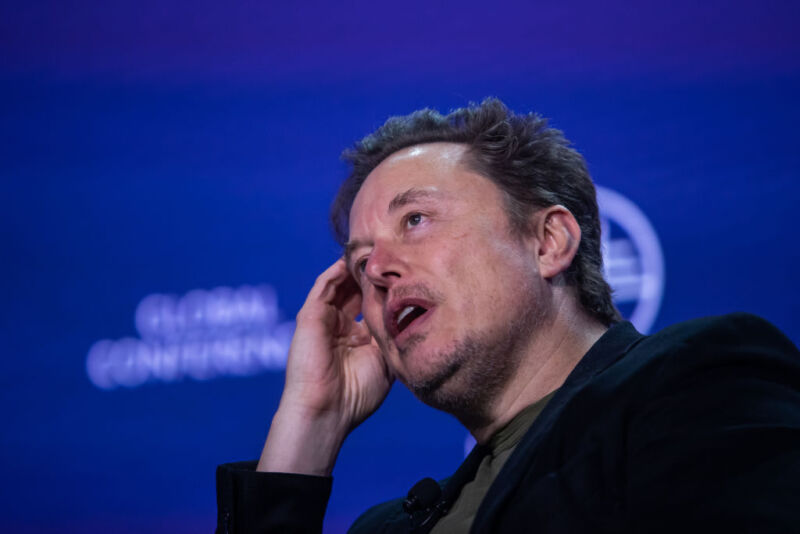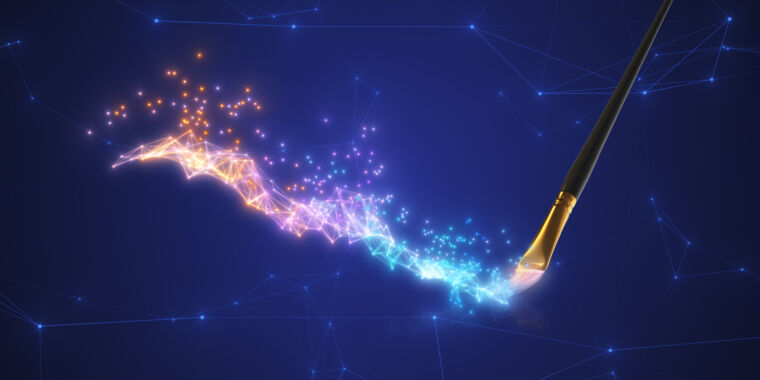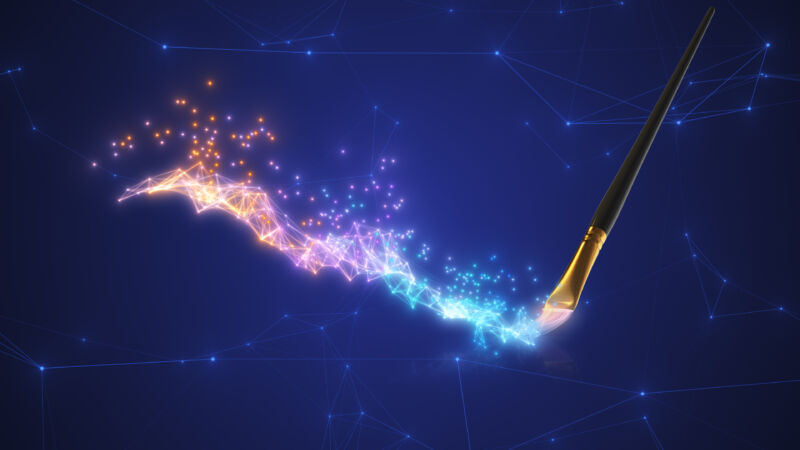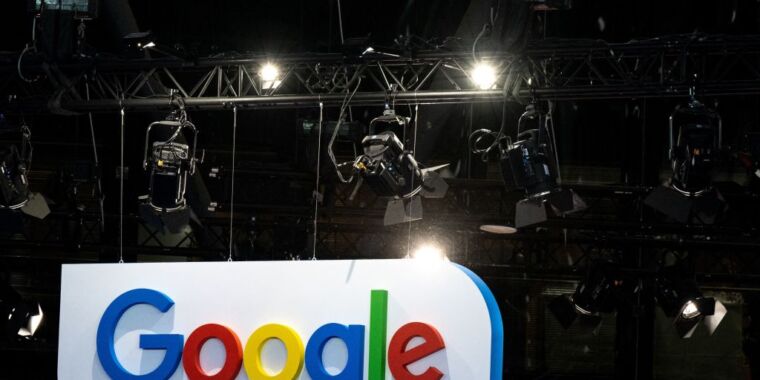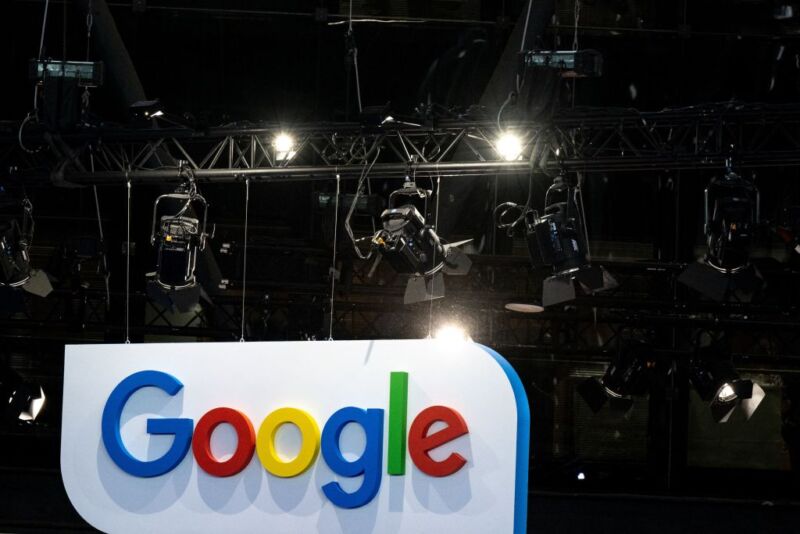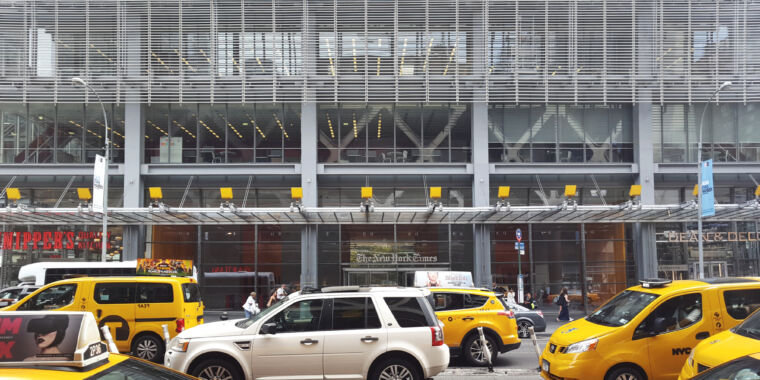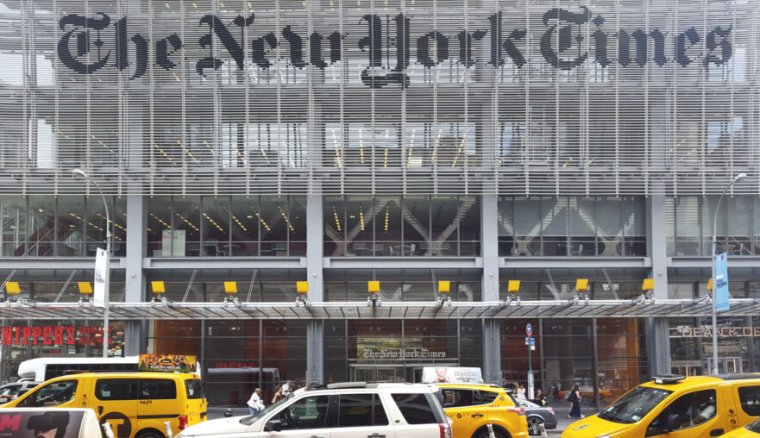Washing machine chime scandal shows how absurd YouTube copyright abuse can get
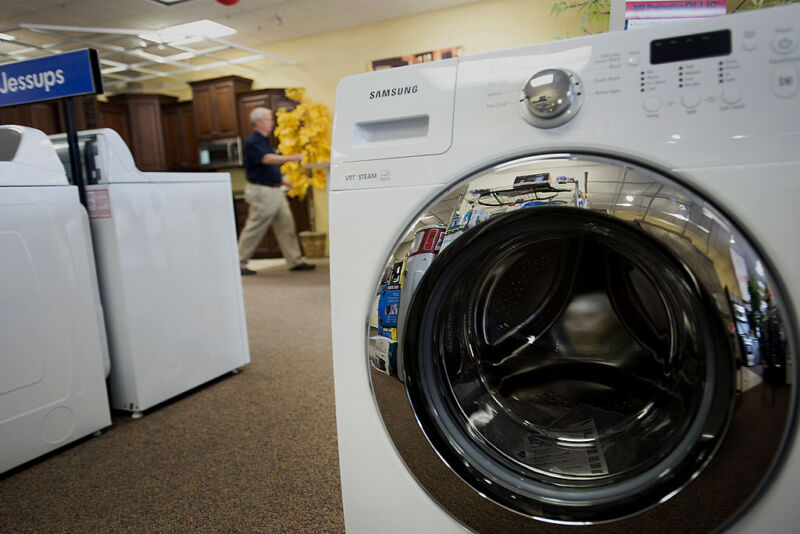
YouTube’s Content ID system—which automatically detects content registered by rightsholders—is “completely fucking broken,” a YouTuber called “Albino” declared in a rant on X (formerly Twitter) viewed more than 950,000 times.
Albino, who is also a popular Twitch streamer, complained that his YouTube video playing through Fallout was demonetized because a Samsung washing machine randomly chimed to signal a laundry cycle had finished while he was streaming.
Apparently, YouTube had automatically scanned Albino’s video and detected the washing machine chime as a song called “Done”—which Albino quickly saw was uploaded to YouTube by a musician known as Audego nine years ago.
But when Albino hit play on Audego’s song, the only thing that he heard was a 30-second clip of the washing machine chime. To Albino it was obvious that Audego didn’t have any rights to the jingle, which Dexerto reported actually comes from the song “Die Forelle” (“The Trout”) from Austrian composer Franz Schubert.
The song was composed in 1817 and is in the public domain. Samsung has used it to signal the end of a wash cycle for years, sparking debate over whether it’s the catchiest washing machine song and inspiring at least one violinist to perform a duet with her machine. It’s been a source of delight for many Samsung customers, but for Albino, hearing the jingle appropriated on YouTube only inspired ire.
“A guy recorded his fucking washing machine and uploaded it to YouTube with Content ID,” Albino said in a video on X. “And now I’m getting copyright claims” while “my money” is “going into the toilet and being given to this fucking slime.”
Albino suggested that YouTube had potentially allowed Audego to make invalid copyright claims for years without detecting the seemingly obvious abuse.
“How is this still here?” Albino asked. “It took me one Google search to figure this out,” and “now I’m sharing revenue with this? That’s insane.”
At first, Team YouTube gave Albino a boilerplate response on X, writing, “We understand how important it is for you. From your vid, it looks like you’ve recently submitted a dispute. When you dispute a Content ID claim, the person who claimed your video (the claimant) is notified and they have 30 days to respond.”
Albino expressed deep frustration at YouTube’s response, given how “egregious” he considered the copyright abuse to be.
“Just wait for the person blatantly stealing copyrighted material to respond,” Albino responded to YouTube. “Ah okay, yes, I’m sure they did this in good faith and will make the correct call, though it would be a shame if they simply clicked ‘reject dispute,’ took all the ad revenue money and forced me to risk having my channel terminated to appeal it!! XDxXDdxD!! Thanks Team YouTube!”
Soon after, YouTube confirmed on X that Audego’s copyright claim was indeed invalid. The social platform ultimately released the claim and told Albino to expect the changes to be reflected on his channel within two business days.
Ars could not immediately reach YouTube or Albino for comment.
Widespread abuse of Content ID continues
YouTubers have complained about abuse of Content ID for years. Techdirt’s Timothy Geigner agreed with Albino’s assessment that the YouTube system is “hopelessly broken,” noting that sometimes content is flagged by mistake. But just as easily, bad actors can abuse the system to claim “content that simply isn’t theirs” and seize sometimes as much as millions in ad revenue.
In 2021, YouTube announced that it had invested “hundreds of millions of dollars” to create content management tools, of which Content ID quickly emerged as the platform’s go-to solution to detect and remove copyrighted materials.
At that time, YouTube claimed that Content ID was created as a “solution for those with the most complex rights management needs,” like movie studios and record labels whose movie clips and songs are most commonly uploaded by YouTube users. YouTube warned that without Content ID, “rightsholders could have their rights impaired and lawful expression could be inappropriately impacted.”
Since its rollout, more than 99 percent of copyright actions on YouTube have consistently been triggered automatically through Content ID.
And just as consistently, YouTube has seen widespread abuse of Content ID, terminating “tens of thousands of accounts each year that attempt to abuse our copyright tools,” YouTube said. YouTube also acknowledged in 2021 that “just one invalid reference file in Content ID can impact thousands of videos and users, stripping them of monetization or blocking them altogether.”
To help rightsholders and creators track how much copyrighted content is removed from the platform, YouTube started releasing biannual transparency reports in 2021. The Electronic Frontier Foundation (EFF), a nonprofit digital rights group, applauded YouTube’s “move towards transparency” while criticizing YouTube’s “claim that YouTube is adequately protecting its creators.”
“That rings hollow,” EFF reported in 2021, noting that “huge conglomerates have consistently pushed for more and more restrictions on the use of copyrighted material, at the expense of fair use and, as a result, free expression.” As EFF saw it then, YouTube’s Content ID system mainly served to appease record labels and movie studios, while creators felt “pressured” not to dispute Content ID claims out of “fear” that their channel might be removed if YouTube consistently sided with rights holders.
According to YouTube, “it’s impossible for matching technology to take into account complex legal considerations like fair use or fair dealing,” and that impossibility seemingly ensures that creators bear the brunt of automated actions even when it’s fair to use copyrighted materials.
At that time, YouTube described Content ID as “an entirely new revenue stream from ad-supported, user generated content” for rights holders, who made more than $5.5 billion from Content ID matches by December 2020. More recently, YouTube reported that figure climbed above $9 million, as of December 2022. With so much money at play, it’s easy to see how the system could be seen as disproportionately favoring rights holders, while creators continue to suffer from income diverted by the automated system.
Washing machine chime scandal shows how absurd YouTube copyright abuse can get Read More »
